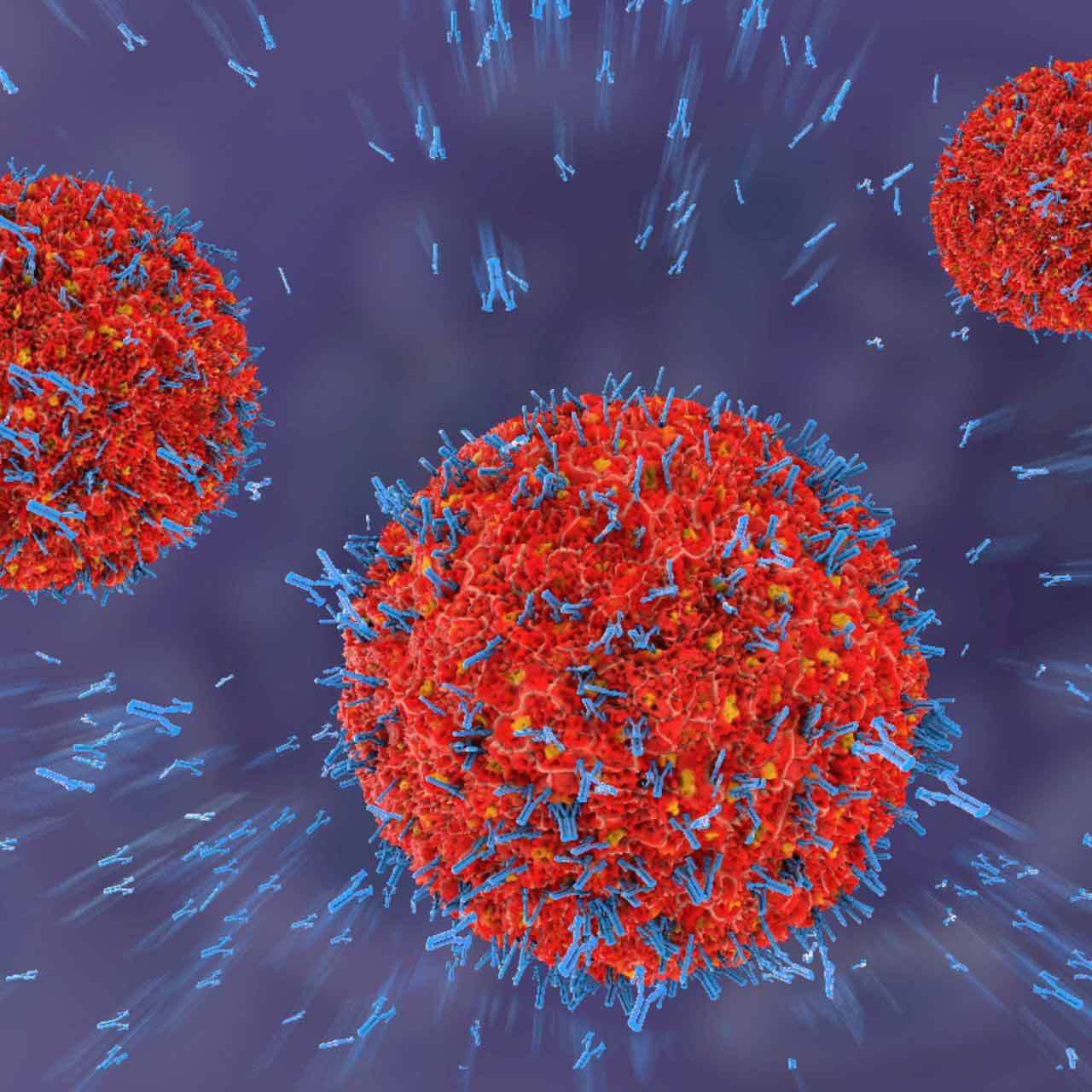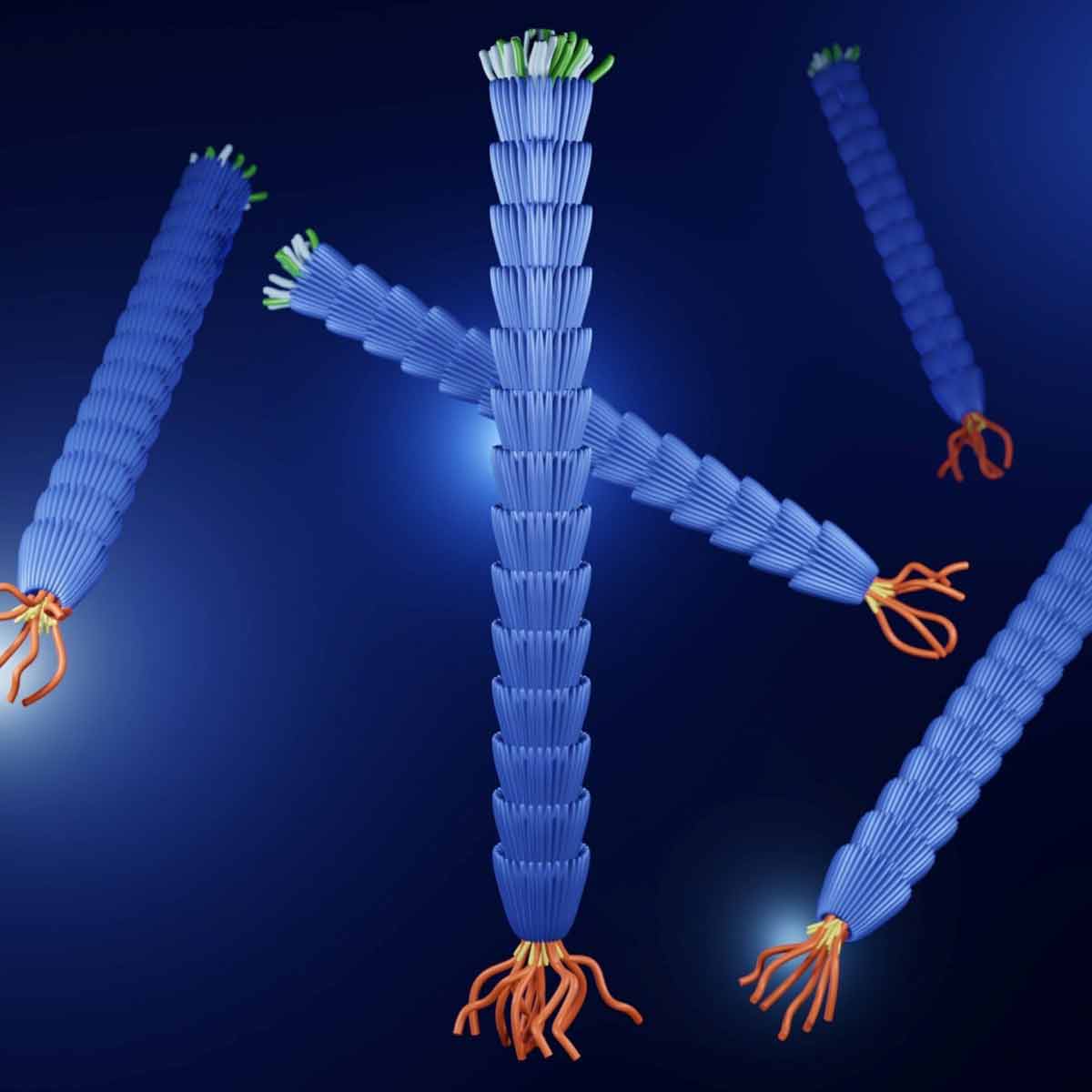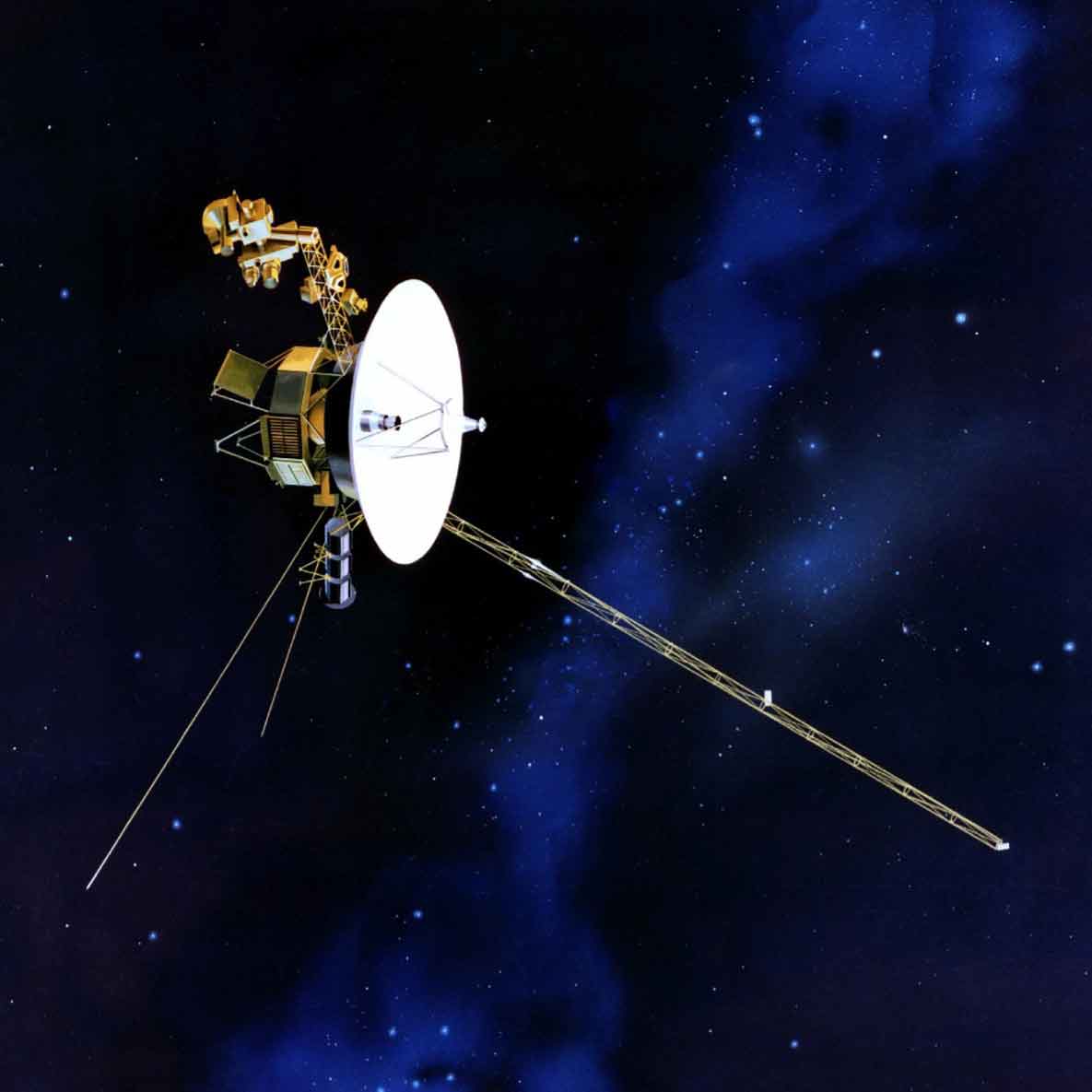Antibody Discovery
We employ next-generation sequencing (NGS), next-generation phage display (NGPD), and droplet microfluidics technologies alongside our proprietary antibody platforms and animal immunization and data mining methods to enable high-throughput and precision-driven antibody discovery. This approach enables the rapid identification and optimization of single-domain and common light-chain antibodies, accelerating the development of multi-specifics, ADCs, CAR-T, mRNA, and other biologics.
Animal Immunization and Tolerance Breaking
We utilize a diverse array of antigens—including proteins, peptides, DNA, mRNA, cell lines, and virus-like particles (VLPs)—to effectively trigger immune responses against complex targets. This variety of immunogens increases the likelihood of eliciting robust and diverse antibody responses by presenting unique epitopes and engaging distinct immune pathways. Leveraging multiple antigen formats enhances our capability to overcome immune tolerance and generate comprehensive immune reactions, making this approach especially valuable for challenging targets that may not respond adequately to a single antigen type.
Our immunization process begins by establishing genetically consistent cohorts of our proprietary antibody mouse models through controlled breeding or in vitro fertilization, implementing rigorous genetic quality control measures to ensure consistency, reliability, and speed. For conserved targets prone to immune tolerance, Leveragen employs advanced next-generation genetics techniques, enabling rapid generation of target-specific knockout mice within the desired genetic background. This method circumvents the need for time-consuming, multigenerational breeding by directly disabling the endogenous target gene, effectively breaking immune tolerance and producing knockout mice primed for robust immunization.


Next-Generation Sequencing
Next-generation sequencing (NGS), specifically repertoire sequencing (Rep-Seq), enables a sequence-driven approach to antibody discovery by deeply analyzing the antibody repertoire of immunized mice. This approach captures the full diversity of antigen-specific immune responses, allowing for the identification of high-affinity, stable, and developable antibodies before functional screening. Single-domain antibodies, which adhere to a one-sequence, one-antibody principle, provide a direct genetic-to-functional correlation, while common light-chain antibodies, which pair a shared light chain with diverse heavy chains, allow for efficient sequence-guided selection of functionally compatible antibody pairs.
Rep-Seq enables CDR3-based clustering to identify expanded or convergent antibody families, prioritizing candidates that have undergone antigen-driven clonal selection and affinity maturation. This process optimizes the selection of developability-friendly frameworks, ensuring that antibodies maintain high stability, solubility, and expression potential. The ability to track immune repertoire dynamics allows researchers to identify enriched clones, reconstruct antibody lineages, and accelerate lead candidate selection, significantly streamlining the discovery of high-quality therapeutic antibodies.
Next-Generation Phage Display
Next-generation phage display (NGPD) enhances the discovery of single-domain and common light-chain antibodies by integrating deep sequencing, high-throughput off-rate selection, and multiparametric screening. These antibody formats are particularly well-suited for phage display due to their compact structure, high solubility, and stability, allowing efficient expression and display on phage surfaces. Unlike conventional IgG-based libraries, single-domain antibodies require only a single variable domain, while common light-chain antibodies share a fixed light chain, simplifying library construction while preserving functional diversity. This streamlined architecture improves the robustness of phage display selections, enabling the effective screening of even structurally complex, isoform-specific or other challenging targets.
The process begins with the construction of phage libraries from immunized animals, ensuring broad CDR diversity and optimal developability. Optimized panning conditions, such as competitive elution, stringent washing, and tailored antigen presentation, enhance selection specificity and affinity. Advanced screening technologies, including deep sequencing to track enrichment trends and high-throughput off-rate selection to identify binders with superior kinetics, accelerate the discovery of high-affinity, developable antibodies, driving the advancement of novel therapeutics and diagnostics.


Droplet Microfluidics
Droplet microfluidics enables high-throughput functional antibody screening, reducing discovery timelines from months to days. By encapsulating antibody-expressing cells into nanoliter droplets, this technology allows real-time evaluation of antibody binding, affinity, and functional activity at the single-cell level. Unlike traditional methods focused solely on binding, it enables the selection of antibodies with therapeutic functions, such as receptor blocking, enzymatic inhibition, or reporter activation. Screening millions of cells in parallel increases efficiency and ensures the identification of rare, high-performance antibodies that might otherwise be missed.
Each droplet functions as a self-contained assay chamber, preserving the direct genetic link between an antibody’s function and sequence. This enables rapid recovery, sequencing, and characterization of high-affinity, developable antibodies, improving diversity and precision in selection. By integrating next-generation sequencing and data-driven selection strategies, droplet microfluidics enhances antibody discovery for complex and previously intractable targets, accelerating the development of novel therapeutics.
LeVoyager
LeVoyager is Leveragen’s proprietary data analysis tool for antibody discovery, integrating sequence QC and analysis from NGS and Sanger data with germline alignment, clone assembly, somatic hypermutation (SHM) analysis, CDR3 clustering, clonotype ranking, and candidate selection. By leveraging NGS Rep-Seq, LeVoyager provides high-throughput, high-resolution analysis of antibody repertoires to pinpoint lead candidates exhibiting optimal developability, stability, and specificity. The platform further conducts enrichment analysis to monitor lineage evolution, identifying preferentially expanded clones under selective pressure from affinity maturation during immunization or iterative phage display panning.
By cross-referencing sequencing and binding data, LeVoyager enables precise antigen-driven selection and lead candidate validation. This fully integrated, data-driven pipeline accelerates the discovery of well-developable antibodies with superior biophysical properties, advancing biologics development with greater precision and efficiency.














